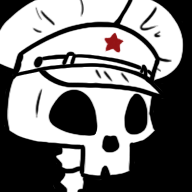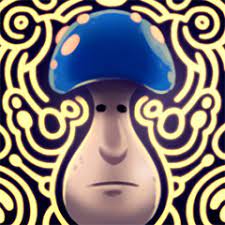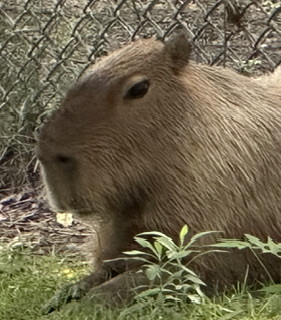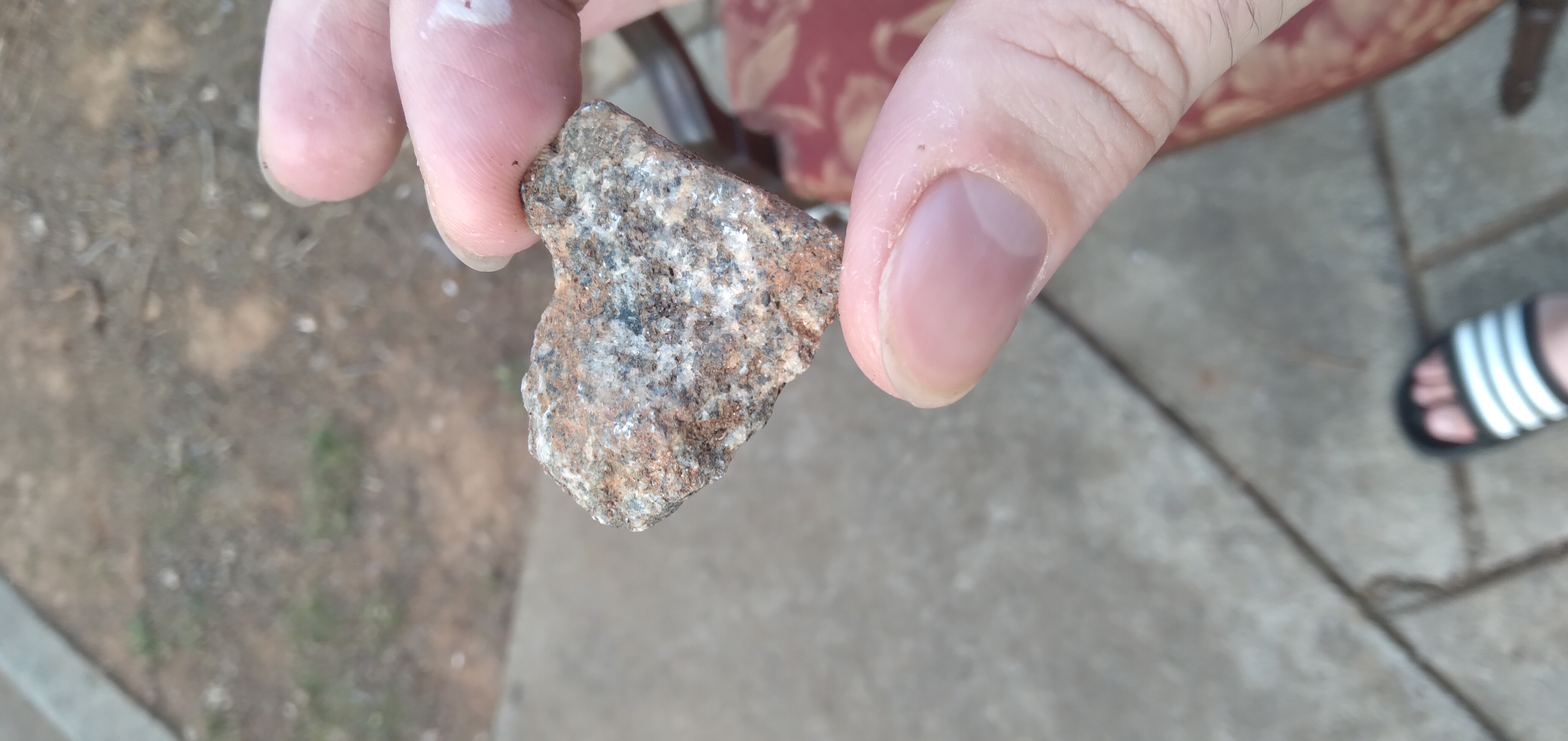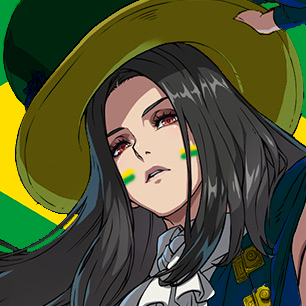Currently I’m reading Nina Burton’s ‘Livets tunna väggar’ which translate to something like Walls of Life. It’s a book by a Swedish writer who inherits her mother’s summer house. When she wants to renovate it, she finds all sort of life around and in the house. She uses said life to teach you something about the intellect of various insects and animals, which goes deeper than humans normally think.
It’s a very interesting book that makes me think about non-human life even more. Creatures that are thousands of times smaller than we are have such complex societal structures. Humans have overcommodified animal life for centuries now, seeing them as property and commodities instead of complex and intelligent life forms.
What are you reading?
very slowly reading Losurdo’s “Stalin”
Same here. I went on holiday and lost momentum with it.
Damn bro… So many ppl are reading several books at once apparently. I don’t think my brain could manage so much information at once honestly o.O
I’m reading “Blackshirts and Reds” by Parenti. Am on page 119 rn, and I gotta say I still enjoy Parenti’s simpler style of writing as opposed to Marx’. Also I was surprised how Parenti went into detail abt czechoslovakia even. Specifically abt Vaclav Havél’s privatization campaign. Never thought he’d go that direction. I feel like I learned a LOT through this book and I’ll keep recommending it to everyone who hasn’t read it. I think anyone can profit from reading this.
After I’m done with this book, I thought I might pick up Mao’s “On Practice”? I read “Dialectical and Historical Materialism” by Stalin and “How to be a Good Communist” by Liu Shaoqi, so I hope that book might additionally help me understand philosophy more.
If you haven’t yet, read Lenin after this. He’s much more easier to read compared to Marx.
Oh, true. I only read Lenin’s “Three Sources and Three Component Parts of Marxism” as of yet. Do you have any specific book recommendations from him?
Imperialism, highest stage of capitalism.
State and revolution.
These are his most important writings imo. They are also incredibly easy to consume.
State and Revolution is essential for understanding the state and why Anarchists and Socdems are wrong. Imperialism is a good foundation for understanding today’s globalized capitalism. I gotta read Left Wing Communism sometime. I gotta go back and read his writing on dialectics, but I’ve covered my bases with other dialectics works (on contradiction is a total banger). What Is to Be Done is kind of overrated and very specific to Russia’s conditions at the time, though it may be useful to a well read strategist. That’s all I know about Lenin’s works.
I would say that What Is To Be Done? is one of Lenin’s most important works, if anything I’d say it’s underrated. Like (mostly) all of his works, it talks directly about the situation in Russia at the time, but that doesn’t make it any less useful. You just have to extract the universal principles from the tactical particularity he’s writing about.
WITBD? focuses on the need for organizing, and not just any kind, but actual revolutionary organizing with both theory and practice, for bringing together the proletariat with all other revolutionary classes and even individual intellectuals. It speaks against just focusing on a binary interpretation of class struggle (proletariat vs bourgeoisie), and instead it tells us to focus on any struggle that is revolutionary (anti-colonial struggles, gender liberation struggles, etc.).
Here’s how Losurdo describes it in Class Struggle:
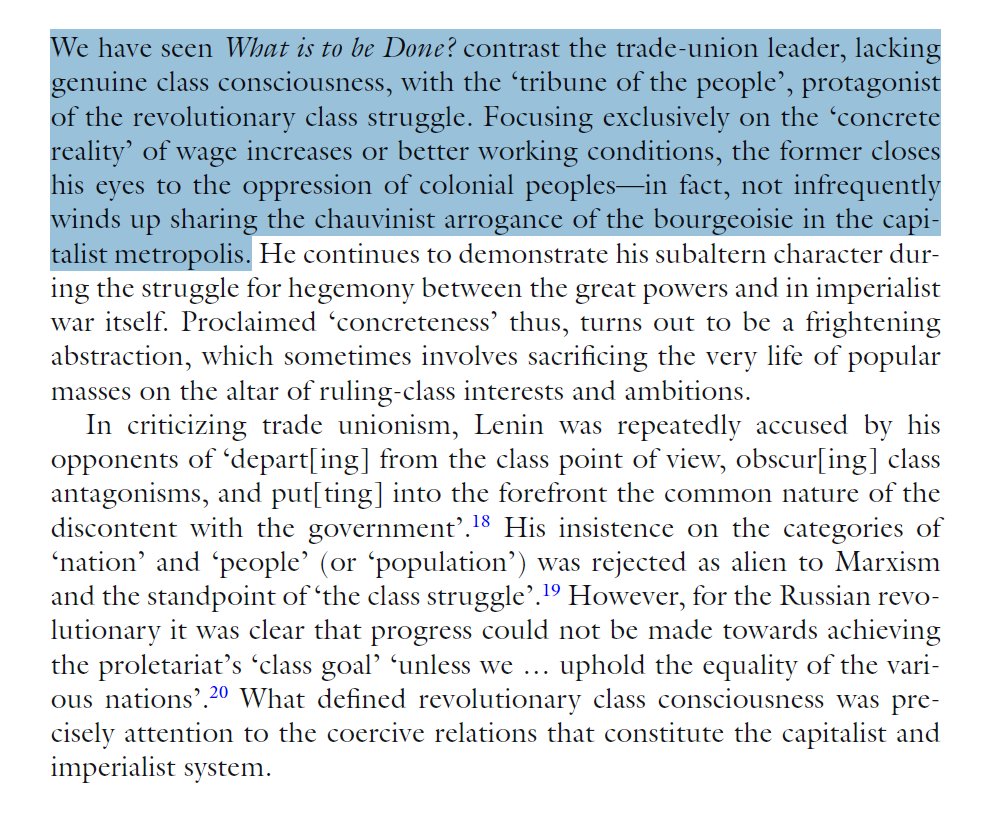
I know, it’s important, it’s just boring, and more for advanced and organizing people. Without reading I already understand the distinction between tailing the masses and being a vanguard. It’s an important idea, it’s just a lot of reading for a simple conclusion dressed in time specific evidence.
Edit: by overrated I mean by larpers.
So many ppl are reading several books at once apparently. I don’t think my brain could manage so much information at once honestly o.O
I hardly have the attention span to only read one or two. I’m usually reading more. I like to have a break between different chapters of a book in reading something else. It helps me hold the information from each passage rather than blending a whole book together in my mind. It (most of the time) prevents me from getting bored in the middle of books.
That’s a rly interesting perspective. I too feel like I can’t remember important stuff from the books I read cuz the information mushes together in the end, but I never thought abt reading another book to counter that.
Imma try that and see if it works lol
If you are gonna do Mao, I’d say grab Five Essays. It’s got On Contradiction and On Practice both, which are always recommended for good reason, but it also has a few other really good works by him.
I’m trying to find it as an epud to add to my collection but I listened to the audiobook version which is on Spotify.
I’m trying to find it as an epud
Hmm… I’ll add it to my list. (assuming you mean epub?)
Lol yeah. Epub*
On practice isn’t really a communist theory book, it’s more like a book about management.
Nonetheless it’s still a good read.
Management? The essay is about the basic worldview of materialism and where knowledge comes from.
I guess you can look at it that way, but this is the kind of stuff you do in management as well.
I don’t know anything about management so maybe you’re right, but from the first paragraph it’s pretty clear what the essay is about.
Before Marx, materialism examined the problem of knowledge apart from the social nature of man and apart from his historical development, and was therefore incapable of understanding the depen- dence of knowledge on social practice, that is, the dependence of knowledge on production and the class struggle.
Parenti gang, just picked up The Assassination of Julius Caesar
Currently reading Inventing Reality: The Politics of News Media by Parenti :). A great book, but also somewhat depressing. Even though it’s quite old, it definitely still holds up. It kind of seems like nothing has changed.
Have I got a takedown for you: The Mainstream and the Margins: Noam Chomsky vs. Michael Parenti
Edit: Lorenzo’s a funny guy, if you can still find his work, some of which requires elbow grease & the Wayback Machine.
Example: 5 people who deserve as much shit as Banksy for their half-baked politics
The main thesis of the book holds up (how media manipulates narrative through different techniques) but id love to see a contemporary version of it with the current events like libya, Ukraine and now Palestine.
“The East is Still Red”
What’s that like? I’ve been tempted for a while…
It’s a very good rundown of what China is and why it should be supported
Might have to add it to my list proper, in that case.
I highly recommend it! I’ve had a lot of fun reading the last two books I’ve read: “The East is Still Red” by Carlos Martinez and “The Revolutionary Science of Marxism-Leninism” by J. Sykes
Fraud, famine and fascism by douglas tottle.
Its about the myth of the ukrainian genocide, im halfway throu but so far it tells the story of how the narrative was pushed by nazi germany and picked up by pro fascism american media magnate Hearst, whom also had Mussolini on his payroll lol.
Lo and behold when I search for this book, I’m recommended an entirely different book by Orwell. The book I’m looking for is maybe six results down even though the search terms match exactly, case sensitive, too. Not in stock. It’s available in Walmart, apparently. Fortunately if I hold a finger in the air I can feel a breeze strong enough to fill a sail.
The pdf is available on annas archive.
Turns out, this strong breeze is blowing in that direction.
Cool! I love thinking about non human life. They’re essentially aliens to me. I’ve tried to overcome some fear of bugs being on me so I can hold them. Also saw my first owl (that wasn’t a brief glimpse at night flying) last week…I forgot their heads can turn 180° 😅
I’m reading “Laurus”, a translation of a book by Eugene Vodolazkin. 14th century Russian medieval peasant boy becomes a holy fool on a pilgrimage for God in the midst of plague. I haven’t read many books in my adult life but as far as I know, it’s my favorite (second read).
I’m currently only reading Things Fall Apart and Half-Earth Socialism. TFA is pretty good so far. I’m reading it for school. It’s about a pre-colonial African society, but later on in the book I think they get colonized. HES is so good and I’ll never stop plugging it or the game https://half.earth. If enough people read the book I think it could be really important. It debunks mainstream views of how to solve the climate crisis and argues that it can only be solved through a holistic political and social movement with the backing of science. It describes how planning is necessary and gives some history of socialist economic planning. It argues on behalf of Utopianism by showing how scientific socialism with a clear view of the future can forge a better path toward reconciliation with the earth. I’ve learned a lot so far, and it keeps making connections between ideas and thinkers I already knew a tiny bit about.
Just started The Three-Body Problem, only read the first 2 chapters but I’m liking it already. I don’t really know anything about the Cultural Revolution to be able to form an opinion on whether the author’s depiction is plausible or not, so I’ll just believe him for now. It’s nice reading communist fiction for a change.
How to Hide an Empire: A History of the Greater United States by Daniel Immerwahr. It’s a breakdown of the imperialistic history of the US that, as a student in the States, you never really heard a lot about. It covers the displacement of the Native Americans, guano islands, the colonization of Puerto Rico and the Philippines, post-WWII military bases, the English language, and stop signs.
Currently reading Open Veins of Latin America. I knew of the exploitation the colonizers and imperialists did but reading the stats and stories of the earlier periods just makes my jaw drop. I also wasn’t aware in the 1800s after Paraguay kicked out the Spanish, they were the only nation in the continent that wasn’t controlled by foreign capital and were pretty self sufficient. Obviously that wasn’t acceptable to the imperialists so the British helped fund Brazil and Argentina to start a war with Paraguay. Paraguay lost and have been under the boot of imperialists since then.
Half-way through edible and medicinal plants. Lots of toxic plants in Canada. If you see a plant with white flowers growing in a dome over the stem, it’s one of five types that’ll either give you diarrhoea or outright kill you.
Spruce tree sap is also an antibiotic, in case you need to disinfect a wound.
If you see a bush with thorns, growing thorny bulbs, you can eat it as long as you strip the thorns off first.
Also listening to “propaganda” by Edward Bernays. It’s one of the most “mask off” things I’ve read.
I just finished Nagieb Mahfouz’s Cairo trilogy, which was awesome. I’m now reading Histoire du phénomène Stalien by Ellenstein, while also reading a book on therapeutic relations. I also have Malcolm X’s biography laying around for after.
Next major novel is wither 2666 by Bolaño, Der Zauberberg by Thomas Mann or something by Ngugi wa thiongo.
That sounds really interesting!
I’m listening to:
-
Wretched of the Earth - I’ve read about half of it in the past, but I’d like to finish it.
-
At the Earth’s Core - Edgar Rice Burroughs - neat ideas unfortunately locked in the authors views on race and humanity.
And reading:
- Desert Solitaire - Edward Abbey - I like the ecology bits, but he’s somewhat reactionary and unfocused. Pretty writing, though.
-
I just started reading Stasi State or Socialist Paradise?: The German Democratic Republic and What Became of It, by Bruni de la Motte and John Green. It’s a great analysis of the DDR.
Furthermore I’m reading Killing hope by William Blum. A great book about Amerikan interventions/coups.
And ofcourse the Communist Manifesto (again).
After those I want to read An Economic History of the USSR 1917-1991 and Mutual Aid: Building Solidarity During This Crisis (and the Next).
Any reason in particular why you’re going to look at An Economic History of the USSR 1917-1991? I’m keen on improving my knowledge of the USSR and would like to look at a retrospective account that isn’t completely anti-communist. Have you heard that An Economic History provides something like that? I’ll take a look myself if yours is a recommendation.
Is Mutual Aid: Building Solidarity During This Crisis (and the Next) the one by Dean Spade? I picked up and flicked through it last week. It’s not bad. The parts I read were quite US focused but that’s not necessarily a problem. I quite like the format of this series (it’s got a similar design to two books by Malm) because they’re not intimidating and easy to pick up and start.
First of a sorry for the late reply.
The reason why I’m reading An Economic History of the USSR is because a Marxist-Leninist friend recommended it to me. It has some nice information, but I would recommend Blackshirts & Reds by Michael Parenti if you want some more general information. He gives a far broader field of information about the Soviet Union and the rest of the communist bloc.
Mutual Aid: Building Solidarity During This Crisis (and the next) is indeed the one by Dean Spade. And yeah, it is a little too much focused on the US, but I would still recommend it.
Furthermore, I would really recommend reading Stasi State or Socialist Paradise. I just finished it and must say that it is one of the better books that I have read this year. It’s a light read but still contains so many great examples and information. It’s a great book for when you’re waiting for the train for example.




